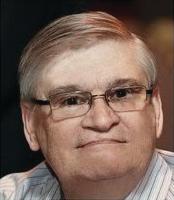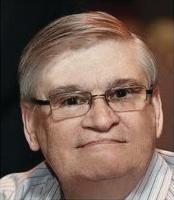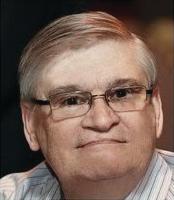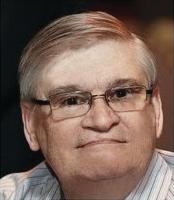One of my mentors, Charles “Tremendous” Jones, told me, “You are what you are because of the people you meet and the books you read.” Unfortunately, most people read less today than they did in school. Who has time? Well, we all do. We have all the time there is. Reading 30 minutes a day puts you in the top 2 percent of readers. But what do you read?
Over the years I’ve collected many books on success and achievement. I call it my personal “success library.”
One of these books is Napoleon Hill’s “Think and Grow Rich,” which I’ve been reading once a year for many years. Its principles are burned into my brain. One year I decided to apply its principles of success for the duration of the year. I pictured in my mind a specific goal, designed a plan, and followed it with faith.
I was behind on Dec. 23 and it looked as if I would fail. Then, as we were celebrating Christmas at the office, the phone rang and a customer I'd been working with for months gave me an order that put me over the top. I was hooked! Hill’s six-step method of achieving your desired outcomes is classic and counter-intuitive to what many of us have been taught.
Building a Personal ‘Success Library’
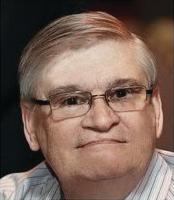
Dave Mather
|Updated:
You are what you are because of the people you meet and the books you read.
Dave has been a business coach for over 40 years. He has travelled across Canada, the United States, England, Ireland, Scotland, Wales, Australia, and South Africa giving presentations and coaching business people to improve performance and create breakthrough results. Dave specializes in helping senior managers/owners turn desired outcomes into viable business realities. Dave’s clients have created millions of dollars of tangible short-term results on behalf of their long-term visions.
Author’s Selected Articles

